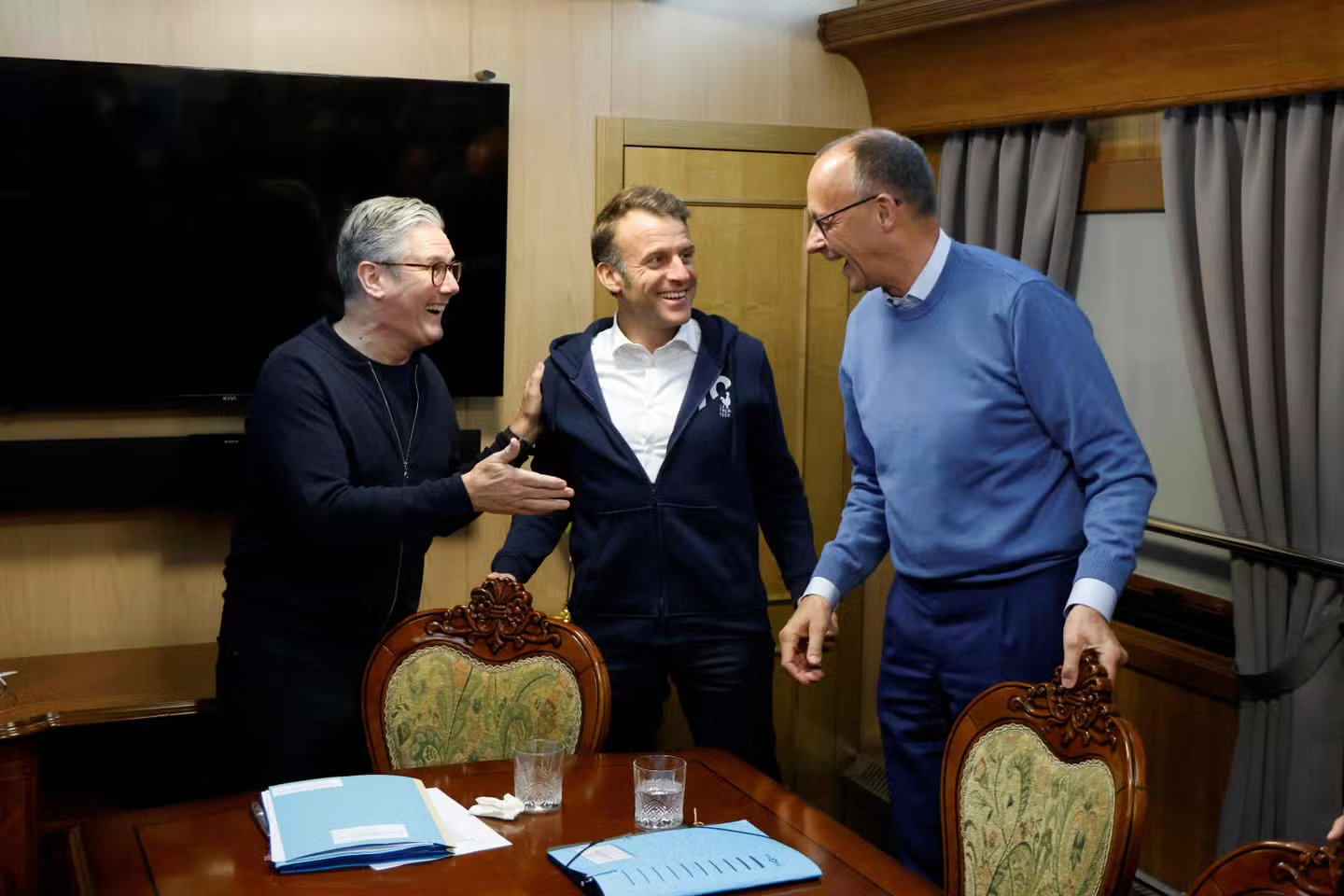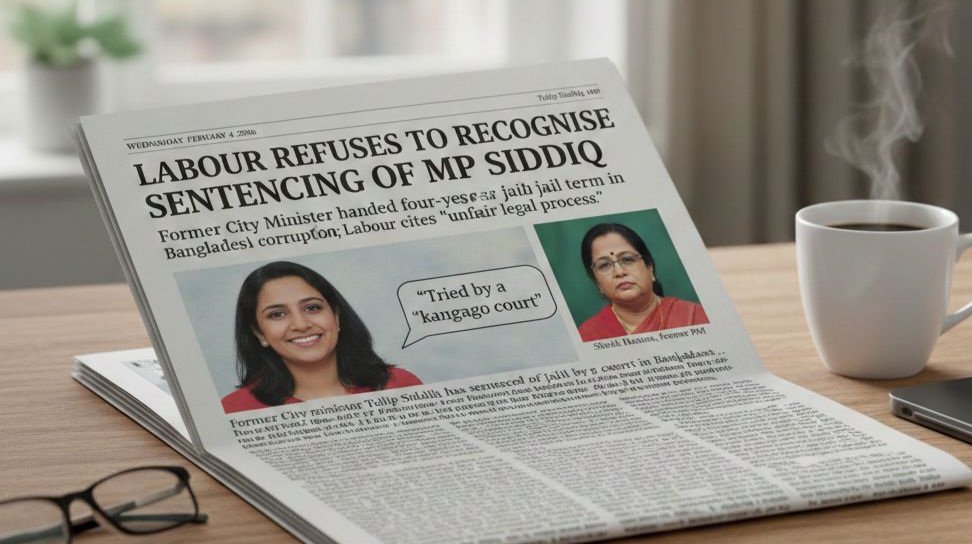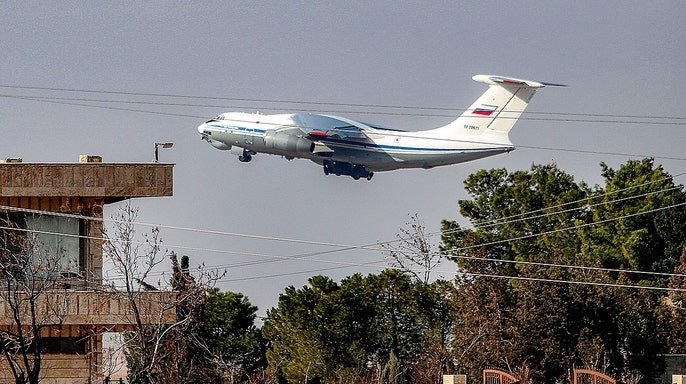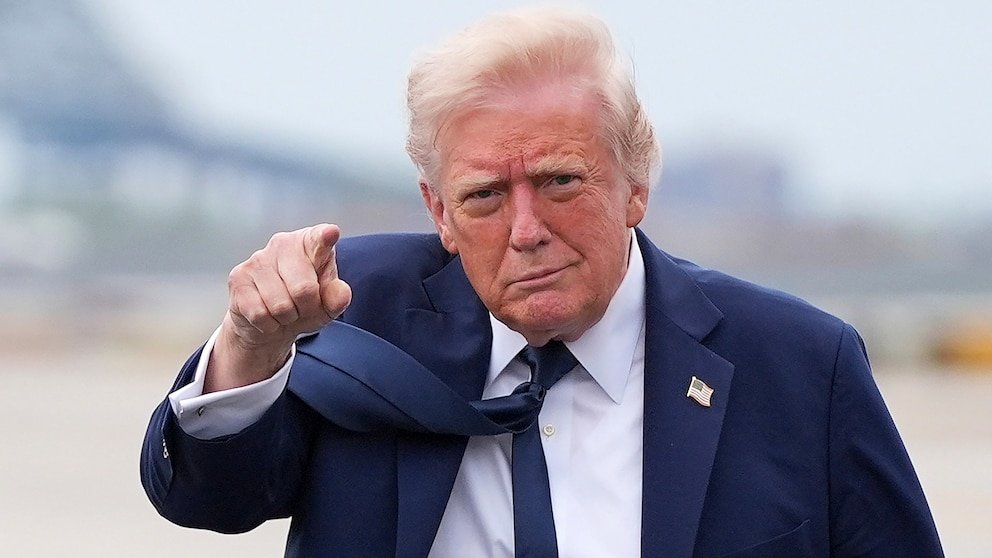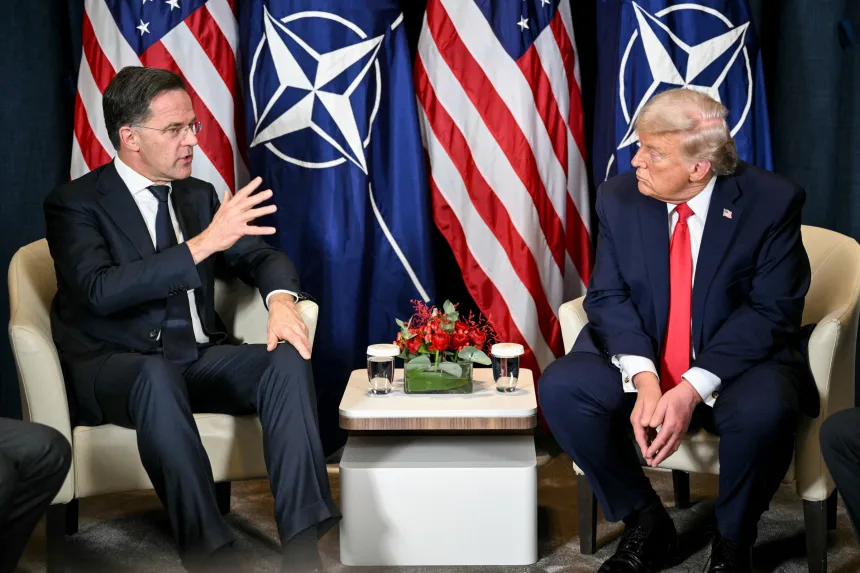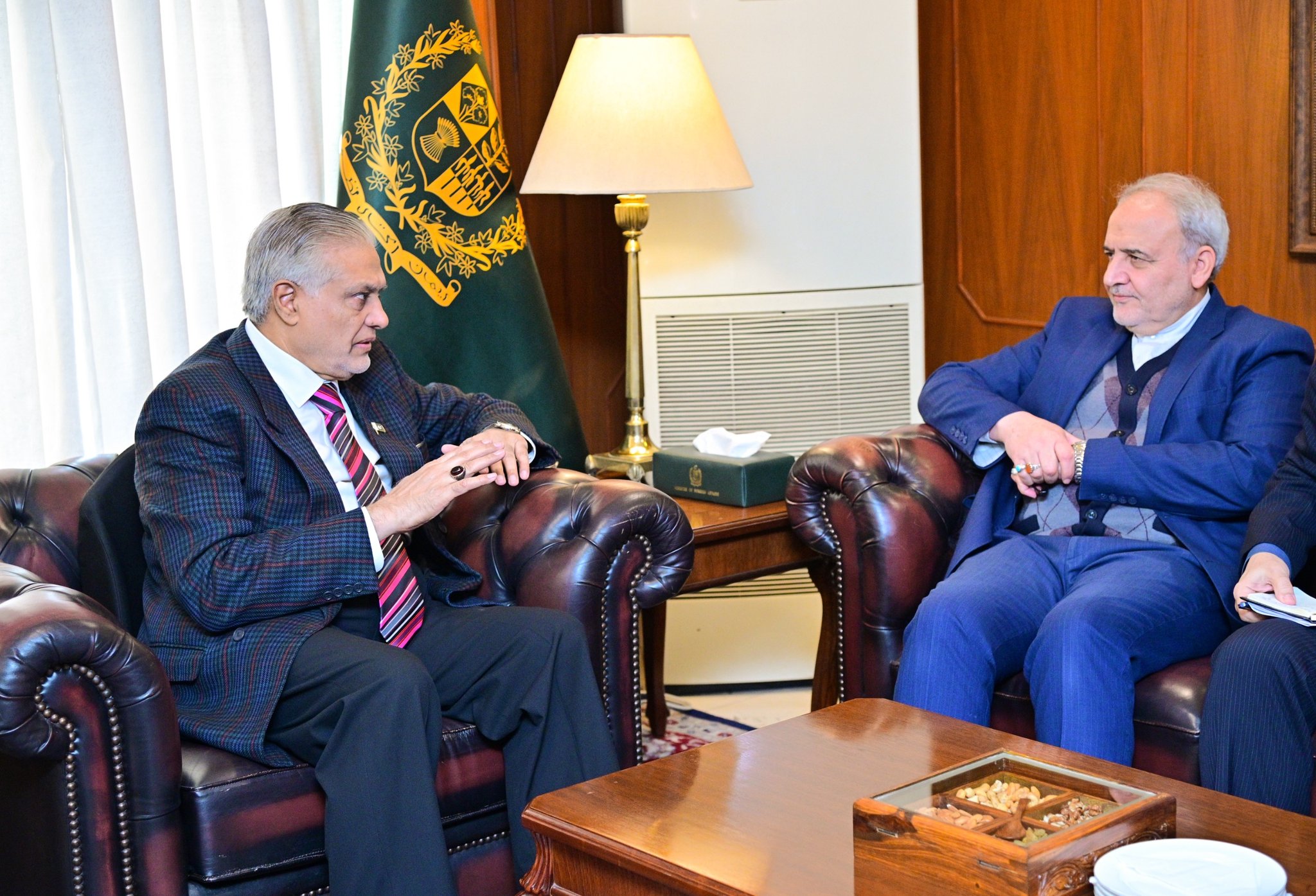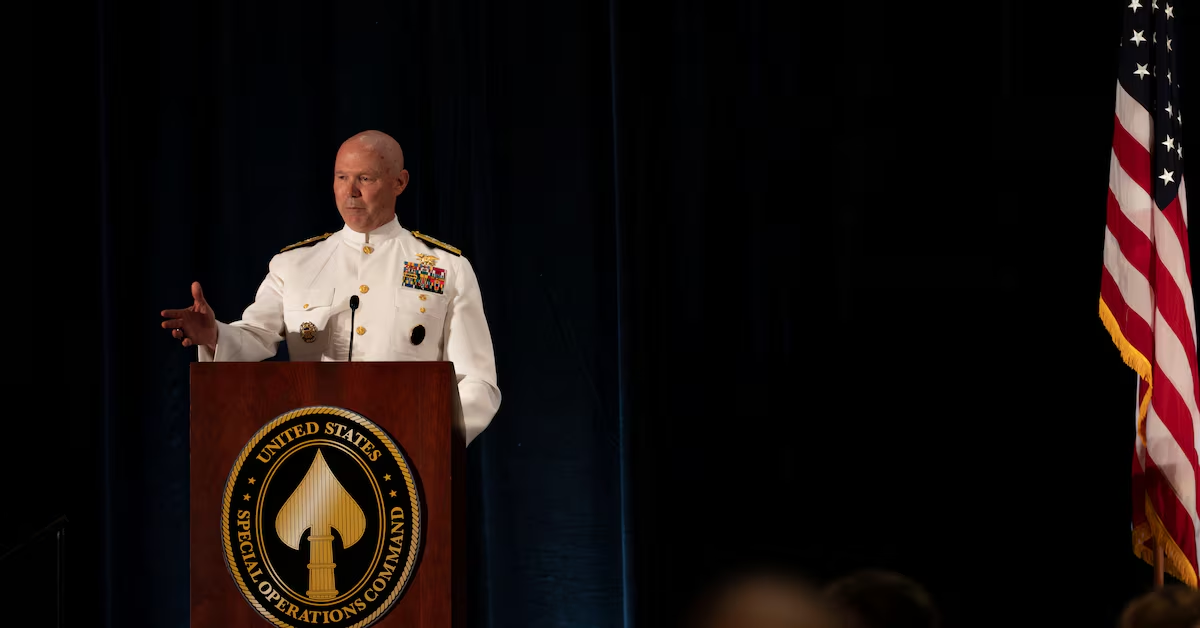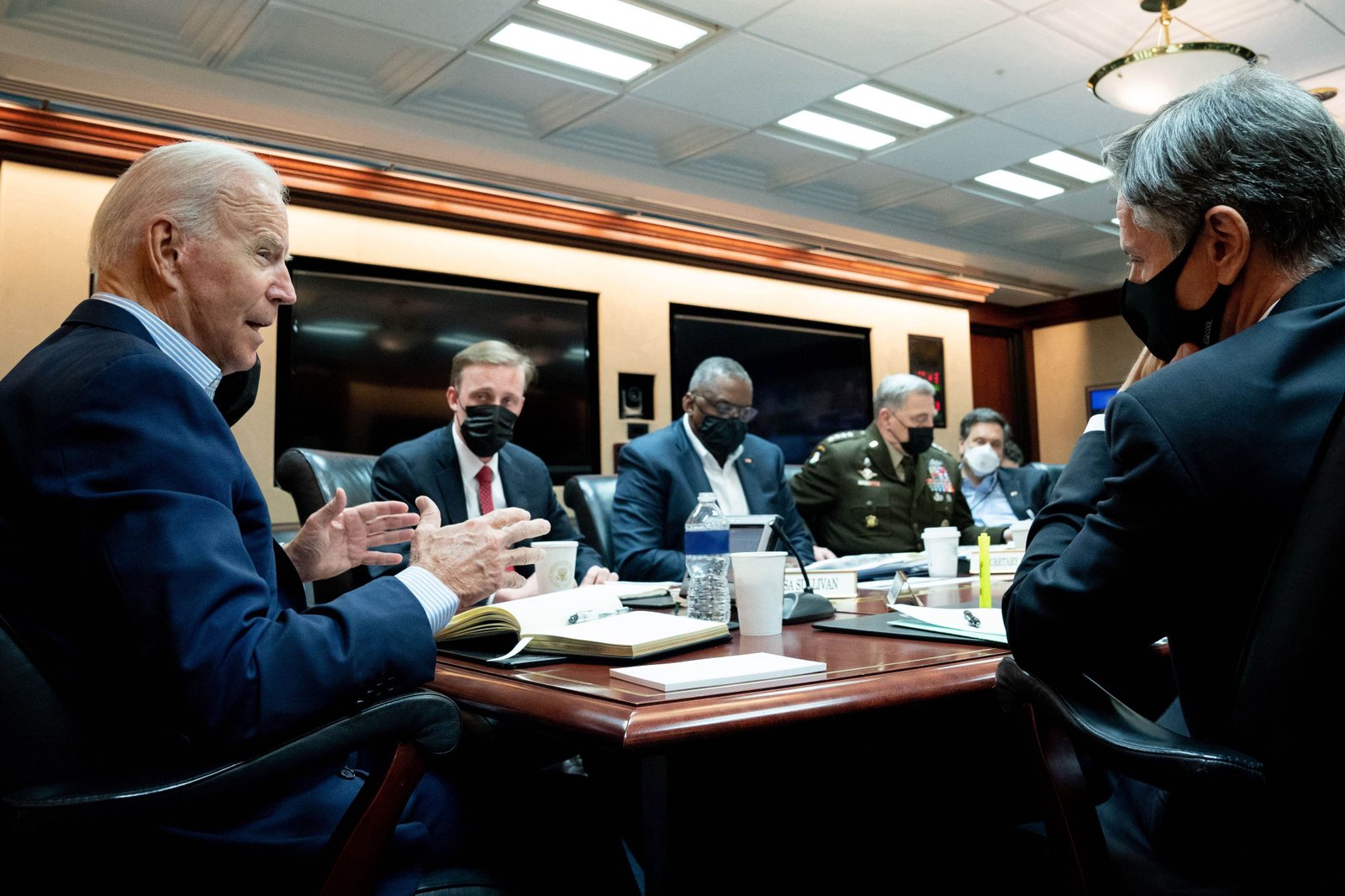“If Iran Can Offer Constructive Assurances on Its Nuclear and Missile Programmes,” European Partners Are Ready for Talks
European nations are ready to move forward with negotiations if Iran is prepared to provide constructive guarantees regarding its nuclear and ballistic missile programmes — this message was delivered by German Foreign Minister Johann Wadephul.
“If Iran Can Offer Constructive Assurances on Its Nuclear and Missile Programmes,” European Partners Are Ready for Talks
“If Iran Can Offer Constructive Assurances on Its Nuclear and Missile Programmes,” European Partners Are Ready for Talks
Geneva, 20 June 2025
European nations are ready to move forward with negotiations if Iran is prepared to provide constructive guarantees regarding its nuclear and ballistic missile programmes — this message was delivered by German Foreign Minister Johann Wadephul.
“We have always said the door to negotiations is open. But that is only possible if Iran sincerely withdraws from enriching nuclear material and is willing to bring its missile programme to the negotiating table,” Wadephul said.
Unified European Position
Speaking to reporters in Geneva, Wadephul explained that he and his European counterparts — UK Foreign Secretary David Lammy, French Foreign Minister Jean-Noël Barrot, and EU foreign policy chief Kaja Kallas — want to pursue a realistic agreement with Iran through a coordinated diplomatic effort.
“This is only possible if Iran genuinely refrains from pursuing nuclear weapons and shows willingness to engage in discussions about its missile programme,” he said.
Iran Responds: “No Talks Amid Attacks”
However, Iranian Foreign Minister Abbas Araghchi issued a strong statement in response:
“I came to Geneva to listen to the Europeans. But when Israel is bombing Iran, there is no question of holding talks.”
He further clarified,
“Iran’s ballistic missile programme is part of our national defence strategy and is absolutely non-negotiable.”
Talks Amid High Tensions
These statements come at a time when tensions in the Middle East are at their peak, driven by the ongoing Iran-Israel conflict. Israel has conducted airstrikes on nuclear sites in Tehran and Fordow, causing significant destruction in Iran.
Analysts note that while Europe is attempting to show diplomatic flexibility, Iran is making it abundantly clear that it will not compromise on national defence or sovereignty.
How far the talks will progress depends largely on both parties — particularly Iran — and whether they are willing to adopt a more flexible stance. While European leaders are seeking a deal, ongoing Israeli airstrikes and U.S. threats could become major obstacles in implementing any negotiated agreement.Geneva, 20 June 2025
European nations are ready to move forward with negotiations if Iran is prepared to provide constructive guarantees regarding its nuclear and ballistic missile programmes — this message was delivered by German Foreign Minister Johann Wadephul.
“We have always said the door to negotiations is open. But that is only possible if Iran sincerely withdraws from enriching nuclear material and is willing to bring its missile programme to the negotiating table,” Wadephul said.
Unified European Position
Speaking to reporters in Geneva, Wadephul explained that he and his European counterparts — UK Foreign Secretary David Lammy, French Foreign Minister Jean-Noël Barrot, and EU foreign policy chief Kaja Kallas — want to pursue a realistic agreement with Iran through a coordinated diplomatic effort.
“This is only possible if Iran genuinely refrains from pursuing nuclear weapons and shows willingness to engage in discussions about its missile programme,” he said.
Iran Responds: “No Talks Amid Attacks”
However, Iranian Foreign Minister Abbas Araghchi issued a strong statement in response:
“I came to Geneva to listen to the Europeans. But when Israel is bombing Iran, there is no question of holding talks.”
He further clarified,
“Iran’s ballistic missile programme is part of our national defence strategy and is absolutely non-negotiable.”
Talks Amid High Tensions
These statements come at a time when tensions in the Middle East are at their peak, driven by the ongoing Iran-Israel conflict. Israel has conducted airstrikes on nuclear sites in Tehran and Fordow, causing significant destruction in Iran.
Analysts note that while Europe is attempting to show diplomatic flexibility, Iran is making it abundantly clear that it will not compromise on national defence or sovereignty.
How far the talks will progress depends largely on both parties — particularly Iran — and whether they are willing to adopt a more flexible stance. While European leaders are seeking a deal, ongoing Israeli airstrikes and U.S. threats could become major obstacles in implementing any negotiated agreement.


